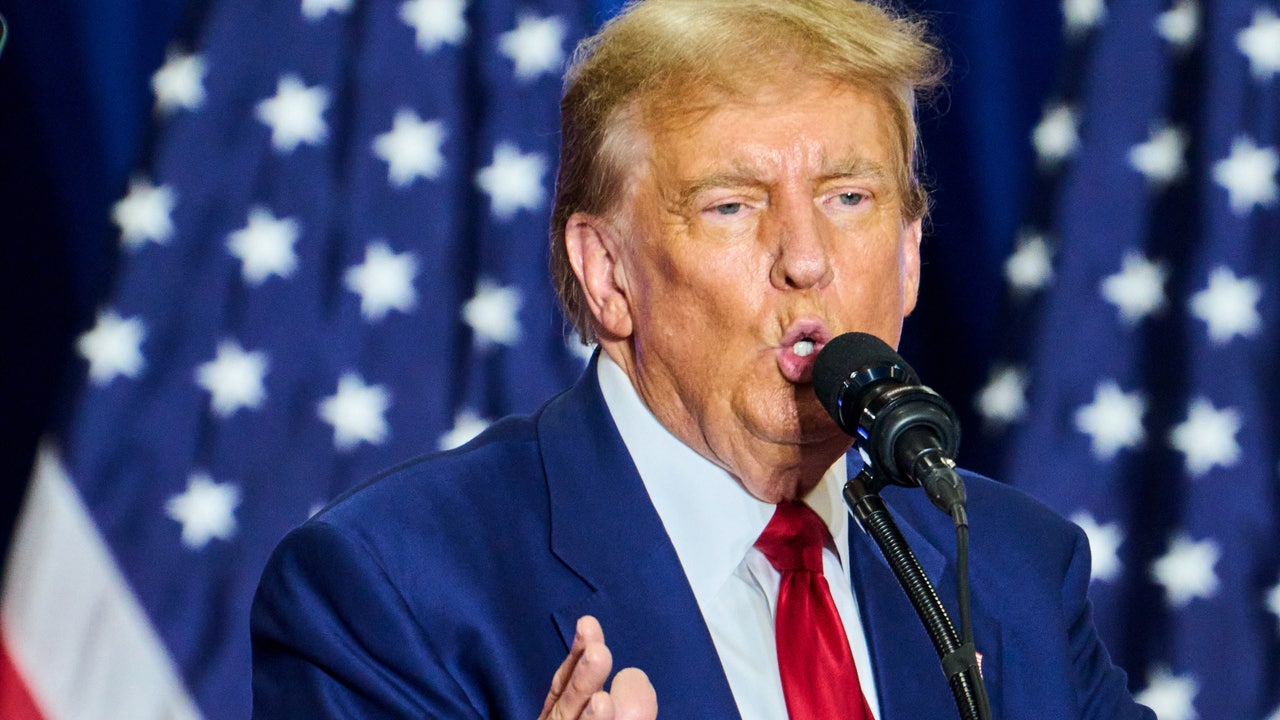
Casey Bloys Would Have Taken “Another Two Seasons” of ‘Succession’
Casey Bloys would have taken another two seasons of Succession.
Speaking at a packed final keynote session at the Series Mania festival in Lille on Thursday, the HBO and HBO Max chairman and CEO said the decision to finish Jesse Armstrong’s award-winning and critically acclaimed dramedy, about the trials and tribulations of the Logan family and their media empire, came directly from Armstrong.
“Jesse thought it was the right ending [to finish with season four],” Bloys said. “That’s an ideal situation. He is choosing to end his story when and how he wants. But if he said ‘I have two more seasons in me,’ I would have said yes.”
Related Stories
Bloys arrived in Lille riding high on the rapturous reception of Succession, as well as the success of HBO’s latest hit, video game adaptation The Last of Us.
The event kicked off in celebratory mode, with a sizzle reel of highlights from HBO’s 50-year history, a collection ranging from The Sopranos, Sex and the City, Deadwood and Game of Thrones through Watchmen, Euphoria, Chernobyl, The White Lotus and more.
“That 50-year reel [is] probably my biggest source of anxiety,” said Bloys. “How do we keep producing shows that can live up to that?”
The veteran executive played down what many would think to be a more obvious source of apprehension: the future of HBO following last year’s merger between HBO parent WarnerMedia and Discovery, a move that kicked off a major restructuring and strategy shift at HBO. There have already been significant job cuts in both the U.S. and European operations and a shift in production internationally, which has included phasing out HBO Max originals in Europe and moving to a local commissioning model.
At the core of the restructuring is the plan to link HBO’s streaming service HBO Max with Discovery’s Discovery+ to form a new, as-yet-unbranded, streamer that will bring together HBO’s premium drama content with Discovery’s deep well of nonfiction and reality programming.
“It’s kind of replicating the cable bundle,” said Bloys. “That’s frankly what I think all streaming services are trying to figure out. How can you put the bundle together that will attract the most subscribers and keep the largest number of subscribers? It can’t just be HBO on its own or just reality shows [it has to be] a combination that people will come here for whatever mood they are in.”
Bloys admitted the major challenge for HBO was to find a financial model for streaming as profitable as its historically lucrative pay-TV structure. “Obviously streaming is the way a lot of people like to watch television and entertainment, and for HBO to make the transition we have to figure how to make streaming profitable. Historically, we have made a lot of money, which has allowed us to make lot of great shows.”
On the international side, Bloys said the HBO-Discovery link-up would bring with it a much closer cooperation between HBO’s domestic and international operations, which was siloed in the past. He said he and his team would be working closely with Warner Bros. Discovery International president Gerhard Zeiler to be “very coordinated and work as one team” when it comes to commissioning and scheduling.
Bloys echoed what has become the theme of this year’s Series Mania, saying the focus for international and local-language shows needs to be success in their local market, not initially targeting a global audience.
“The best-case scenario is a Squid Game, something produced for a local audience and no one else,” he said, “if something like that can break out, its great. But it is very hard to engineer. … You can be aware of what travels historically but you can’t engineer it.”
Bloys, however, assured the crowd, made up largely of international producers, that HBO was determined to “live up to our legacy” of making boundary-breaking TV, at all budget levels. He used the example of Michaela Coel’s British drama I May Destroy You.
“I May Destroy You wasn’t a huge show but it was a groundbreaking show,” he noted, “because of [creator and star] Michaela Coel’s perspective and her point of view. Whatever she does next, I hope we will be able to work with her and bring it to the world.”
Bloys also teased season 3 of The White Lotus, noting that the idea pitched by creator Mike White went over well with HBO execs.
“It’s a really fun idea and he’s shown it’s possible,” Bloys said.
While the HBO boss wouldn’t confirm the rumor that Jennifer Coolidge would be in the third installment, he said that White is “casting people you know [but] in such a way that allows you to rediscover them or see them in a new light.”









































































